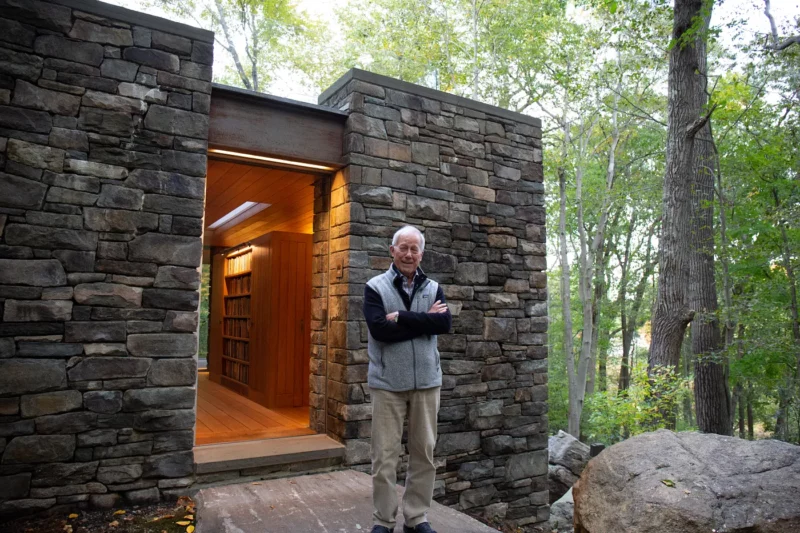
Poetry and personal responsibility has always been a troubling issue for me — and for anyone, I think, who tries to reconcile the lives of poets with their poems. But when Shelley proclaimed poets “the unacknowledged legislators of the world,” he was raising the stakes. (Shelley was presumably using “legislators” in the high sense of statesmanship, and not in the sense used by Mark Twain when he wrote: “It could probably be shown by facts and figures that there is no distinctly native American criminal class except Congress.”) Shelly was going beyond the self-knowledge and the interior reality that are the province of the lyric poem, to claim for poets a role in how all of us should live and conduct ourselves in the world of external reality. Homer, Virgil, Dante, Milton — all the epicists who were concerned with proper human conduct as exemplified by their heroes — would have agreed with Shelley. So, I think, would poets of the Poundian model who would use poetry as their lever to move the world. Yeats, and other poets who see poetry’s role as expressing the world but not running it, would not.
There is no right or wrong to these roles, but there is a corollary. Poets who assume this second, public responsibility as our moral legislators should ensure that they have earned the right to do so. They can earn it by paying at least as much attention to how they live as to what they write. As a Zen tea master, long before the ceremony of making tea, prepares the garden for his guests, sweeps the walk, cleans and composes the room, so poets should give their first attention to the lives they lead. If they do, they will acknowledge the effects of how they live on what they write — a subject that seems to me greatly under-recognized today. And, as a voice of our conscience, they will have established a basis to answer for the effects of what they write on how their readers live.
